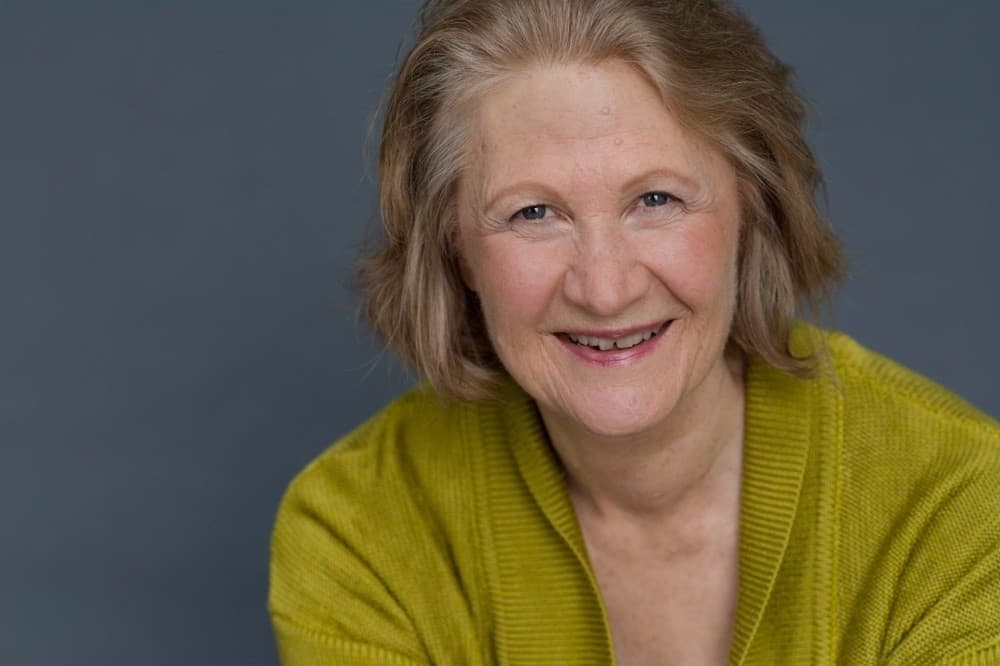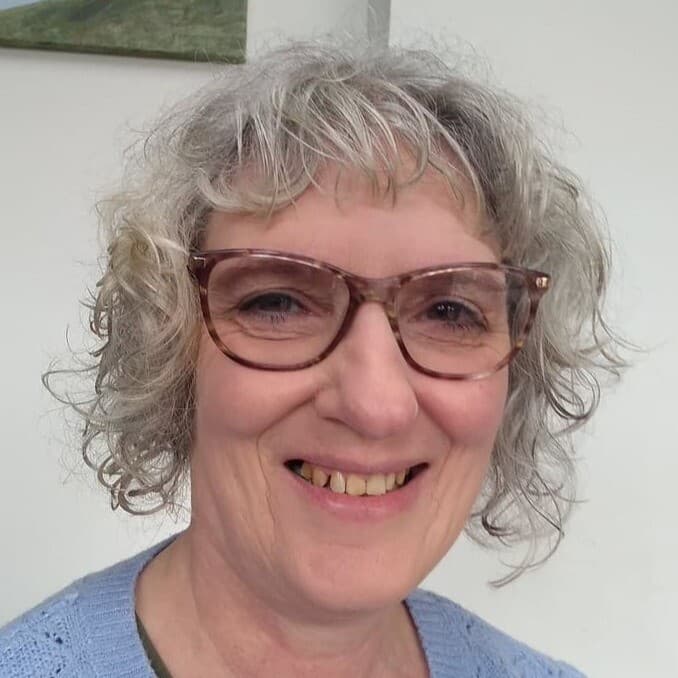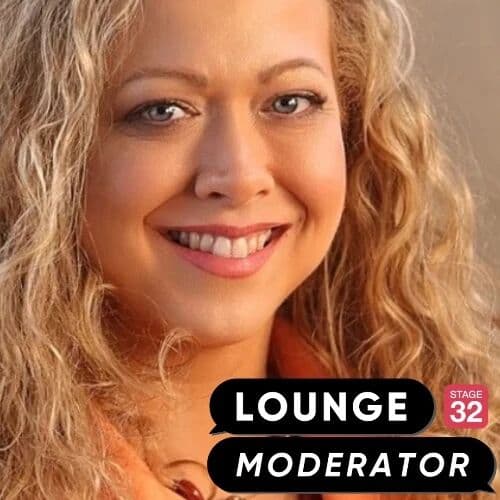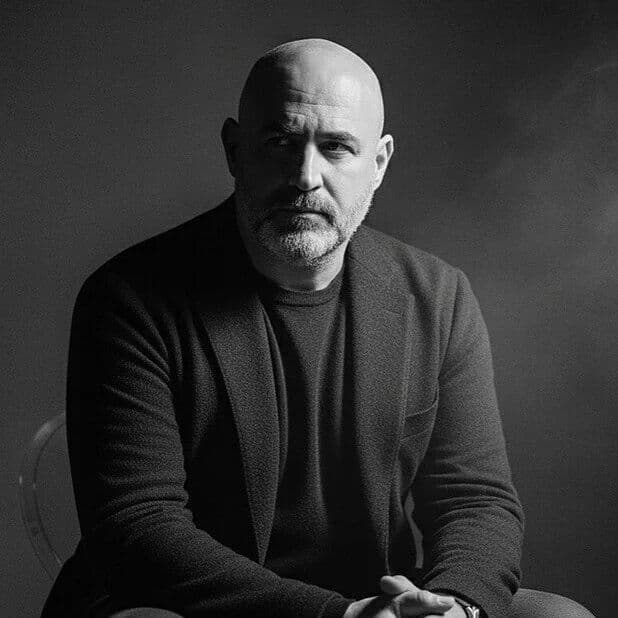How To Learn Audio Engineering & Voiceover The Hard Way

How To Learn Audio Engineering & Voiceover The Hard Way

I'm an experimenter who prefers to learn by doing. In the beginning, that meant significant errors in my recording process. Getting smart, I signed up for some audio engineering courses and learned a lot.
I clicked and watched as what I recorded compressed, but not precisely in the way I imagined. And I forgot to save the original recording! My tendency to click and see what happens came back to bite me. Without fail, save your original recording in raw form. It's my number one audio engineering rule. And I still abide by it.
This blog will walk you through how to learn audio engineering the hard way. But don’t despair! Your engineering and voiceover skills will benefit you in the end.

You Will Need To Learn Some Technical Stuff
Audio editor programs are more straightforward to learn than video editing programs, in my opinion. If you're strapped for cash, Audacity is free. But a more robust audio editor like Reaper isn't that expensive.
What type of voice-over work do you like? Commercial voice-over is best known and requires minimal audio editing skills, but it's a small part of the voice-over world. There's more work in narration. Actors and audiobook narration go together well, but you will be standing or sitting in front of your mic for hours.
Your audio engineering training can give you a good idea of what you're comfortable doing with your audio editor or DAW (digital audio workstation). If you despise editing, you should focus on commercial and shorter narration work. Audiobooks require lots of editing and learning punch and roll.
Training is essential, but don't expect all experts to do it similarly. One engineer always did EQ first, and another did it at the end. Confused, I tried it both ways.

Discover What Works For You
Figure out what works for you and the audio editor you're using. Focus on sound quality. Choose training that includes the setup of your studio because you need excellent sound quality for any recording, even auditions.
With the DAW I use, EQ works best at the beginning. Experiment with short recorded bits to decide what works best for your DAW or audio editor. Each program has quirks that you must learn and use to your advantage.
I'm a podcaster, and my podcast is focused on storytelling, a micro-audiobook. In addition, I'm an audiobook narrator/producer and actor, and I add colorful pictures to the stories I narrate. Since my audio and visual needs are comprehensive, I decided on a suite of programs, AVS4You, that helps me produce all the formats I need.
Within the voice-over and podcast world, it's a relatively unknown suite. I get a video editor, audio editor, and picture conversion programs for a small cost. I use most of the programs weekly or at least monthly.
As an actor, I need the video editor to submit auditions. The audio editor is a simple DAW, allowing me to do "punch and roll" for audiobooks. The picture conversion enables me to convert unique pictures for my podcast.

Expand Your Horizons
Once you have some training and experience under your belt, don't be afraid to apply what you've learned to expand your horizons. I wanted to add a special music introduction to my podcast. I talked about my podcast at a film and music networking event. A composer offered to do a short composition for my podcast. It was the perfect fifteen seconds of music!
I taught myself how to add it to my podcast with my DAW. It makes adding my podcast music or other sound effects a snap once you learn how. Not too long after learning to add music to my podcast, I booked a children's audiobook job that required adding sound effects and music. I was ready! Adding music to my podcast expedited learning how to add sound effects and music to the children's audiobook I narrated and produced—a bonus. I sweated getting it past Audible QC because they don't endorse audiobook music or sound effects.
We passed QC at Audible, and I'm proud of the result, including coming up with a unique voice for an anteater in A to Z Animals and Mystery of the Missing Fish.
What else can you do? I did a little ADR for a few film roles several years ago. It was not the best experience. A dubbing studio found me online because they needed an older female voice for their film dubbing work. Dubbing work is intense but more manageable than the ADR I did several years ago. The technology has improved. I dubbed wonderful older female characters for several foreign films last year. European films tend to have fantastic roles for older women! You need a professional setup to work remotely with a dubbing studio and know the technical side of recording.
When people think of podcasts, they imagine interviews. My podcast is stories, not interviews. There are audio drama podcasts and some podcasts like mine. Multi-character stories and even single-character stories are best with direction. Technology such as Source Connect and Riverside, a remote podcasting tool, allows multi or single-character stories to be directed remotely. I spent four incredible hours on Riverside with a director, narrating award-winning fiction stories for a particular podcast.
Does it take intensive technical know-how to set up the connections? No, I had no problems with Riverside. The most important thing is a stable Internet connection.

Embrace Learning Technology
Writing up my journey reminds me how being open to learning new technology has opened up new areas for me to use my voice-over and acting skills. I didn't look for dubbing or podcast work. The dubbing studio found me on a freelance site, and the podcast director found me on a social media site for podcasters.
I'm not an audio engineer and don't enjoy the tedious editing process. So, I taught myself punch and roll for audiobooks, which cut down on editing time. A company, Pozotron, developed software that speeds up audiobook editing and proofing.
Pozotron is a startup in my area, and I signed up as a beta tester. I learned new technology that made the audiobook editing and proofing process much more manageable.
Overall, that's been the key to my progress and success. I'm ready to take on new voice-over projects by embracing audio engineering and new technology as they come along.
What about you?
Let's hear your thoughts in the comments below!
Got an idea for a post? Or have you collaborated with Stage 32 members to create a project? We'd love to hear about it. Email Emily at blog@stage32.com and let's get your post published!
Please help support your fellow Stage 32ers by sharing this on social. Check out the social media buttons at the top to share on Instagram @stage32 , Twitter @stage32 , Facebook @stage32 , and LinkedIn @stage-32 .
About the Author

Kris Keppeler
Actor, Comedian, Voice Artist, Narrator, Audio Post-Production
Hi, I’m Kris, audiobook narrator, actor, voice actor, and podcaster. I’ve impersonated a cat, a prince, a princess, a witch, a dragon, and a president with my voice and narrated/produced over 40 audiobooks. I narrate and produce an award-winning weekly storytelling podcast about life and befuddlemen...





